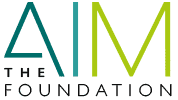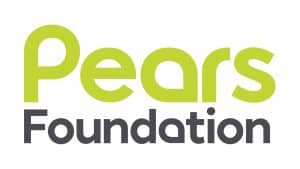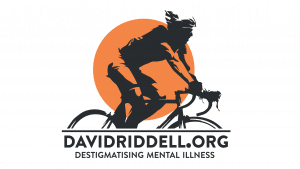Mental Health Awareness Week ignites a national debate year on year and is a vital part of the movement for change. This year, the Children and Young People’s Mental Health Coalition is asking you to pause and think about a group of young people whose voices often get lost in the noise.
Young people with learning disabilities are at much higher risk of developing mental health problems, in fact, 36% will develop a mental health problem. This makes them around four to five times more likely to develop a problem than children without a learning disability.
We see this represented in the national statistics, 1 in 7 of all young people with mental health problems in the UK also have a learning disability. To be clear, we know this increased risk stems from social and emotional factors rather than from their learning disability.
Young people and families impacted who we have spoken to often report that they don’t feel listened to. They feel professionals too often don’t believe them, often seeing only the learning disability and not their mental health needs (something called diagnostic overshadowing).
In essence, too many young people with learning disabilities are not fully seen for who they are. The vast complexities that exist within us all are overshadowed for these young people, simply because they are living with a learning disability.
Only around a quarter of young people with a learning disability and a mental health problem have had any contact with mental health services. This must change. The Coalition is urging those working within the system to refocus their efforts. Rather than constantly firefighting, we need to be stepping in with support for young people with learning disabilities before things reach crisis point. This can only be achieved with a shifting of focus onto prevention and the early identification of mental health challenges.
A public health approach is the only approach that can address the current crisis. A system that is set up to support those in crisis, cannot itself be in crisis, constantly firefighting. Dedicated mental health professionals are grappling with complex and difficult problems, but they are preventable if caught further upstream.
It is time to listen to what young people with learning disabilities are telling us. The means of communication may well be via their behaviour, which is unsurprising given that young people often tell us that even when they have told someone about their concerns, they didn’t expect to receive help. No child should have to feel this way. Families too often feel they are left on their own to cope whilst waiting to receive professional help. No family should have to feel this way.
The truth is that even if we had a perfect mental health system – which we’re far from – it still wouldn’t be enough. What is truly needed to turn the tide on the numbers of young people in distress is transformation beyond healthcare, involving social care, education and businesses. Only by having a whole society approach can we bring about the prevention revolution that is so needed in mental health.
The Government’s existing plans to transform mental health provision in the UK (The Five Year Forward View) says very little about learning disabilities, and defers to Transforming Care, but this doesn’t have a great focus on young people. To help them along, we’re setting out exactly what needs to be done to transform the system in an upcoming policy paper. It will be unapologetically detailed, because it’s time to turn awareness into action.





